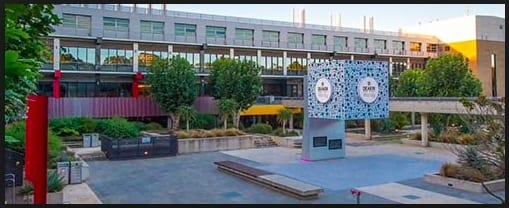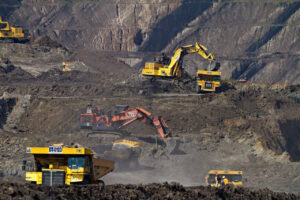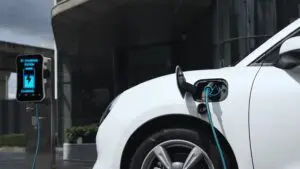Network operator AusNet service and Deakin University have joined forces to create a 7.25MW “smart microgrid” that will combine solar, battery storage and a research and “visualisation” facility to help encourage more such projects.
The $30 million project will feature a 7.25MW solar farm and a 1MW/1MWh lithium ion battery storage installation, along with other smart technologies, to be built at Deakin’s Waurn Ponds campus in the southern suburbs of Geelong, outside Melbourne.
It is expected to be operating from mid-2019 and will account for around half of the university campus’ energy needs.
AusNet managing director Nino Ficca said the partnership with Deakin reflects the significant shift in how energy is being generated, delivered and used, and could be expanded to include other technologies such as hydrogen storage and electric vehicles.
“Our aim is to explore what the future energy possibilities might be and use the research outcomes to empower communities and customers,” Ficca said in a statement. “The opportunities that can be created leveraging this initiative are limitless.”
Deakin University’s vice-chancellor, Professor Jane den Hollander said there was a growing global need for research in innovative renewable energy systems, and the new partnership would help to build Deakin’s and AusNet Services’ capacities as leaders i.
“As we have seen in Australia and overseas, the demands on energy networks are changing rapidly as technology and knowledge tries to keep up with the growing shift by industry, consumers and governments towards sustainable energy generation and distributed energy systems,” she said.
“This partnership gives Deakin an unparalleled opportunity to help drive the renewable energy revolution by providing unique opportunities for researchers to develop and test solutions at an industrial scale and train the next generation of energy professionals.”
den Hollander said the micro-grid would generate half of the Waurn Ponds campus energy needs on site – reflecting the growing view that half of all generation would ultimately be delivered by on-site renewables and storage over coming decades.
The partnership is being led by Mondo Power, an “independent” subsidiary of AusNet that specialises in advanced energy management solutions for both commercial and community partners with a focus on distributed energy offerings.











